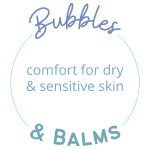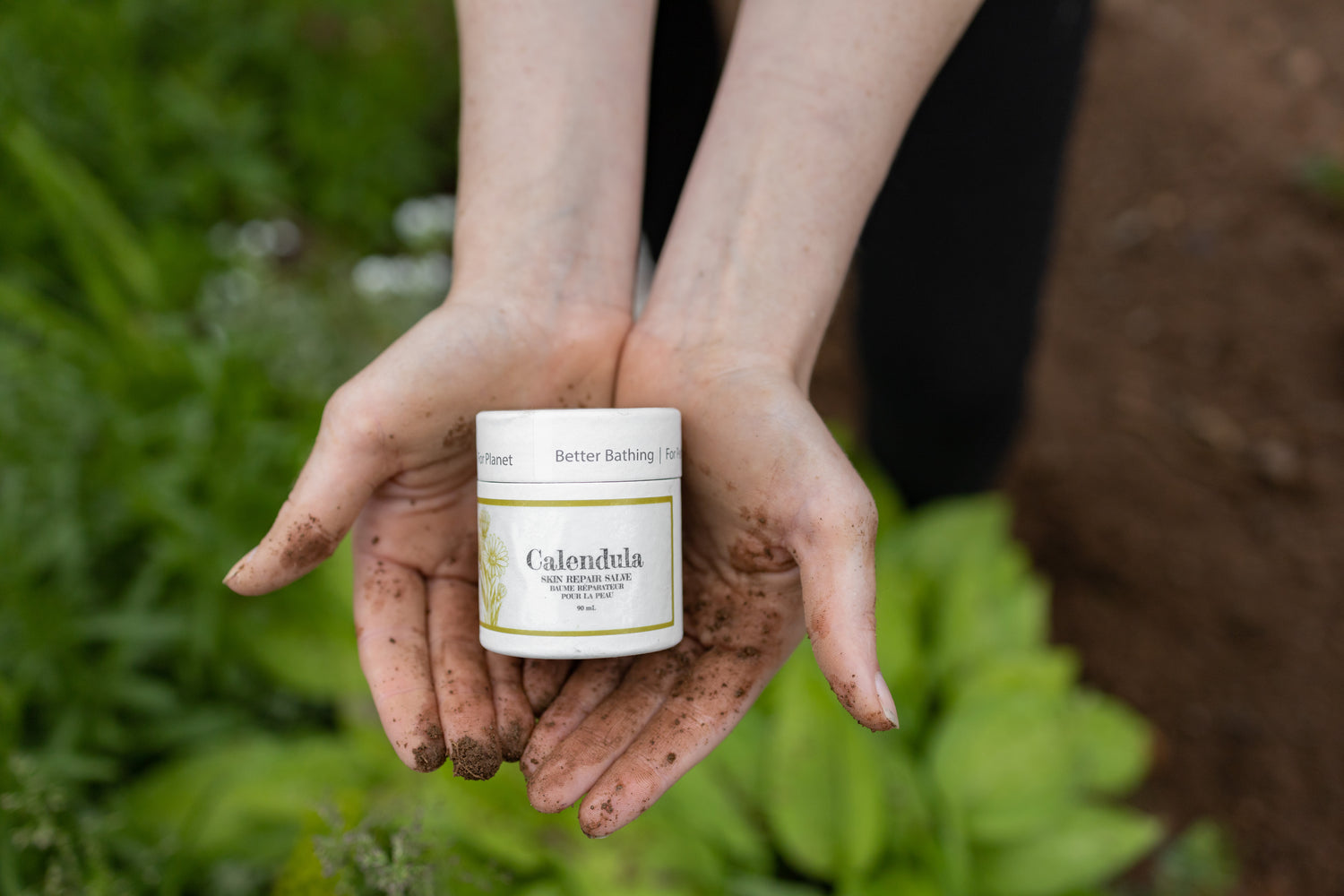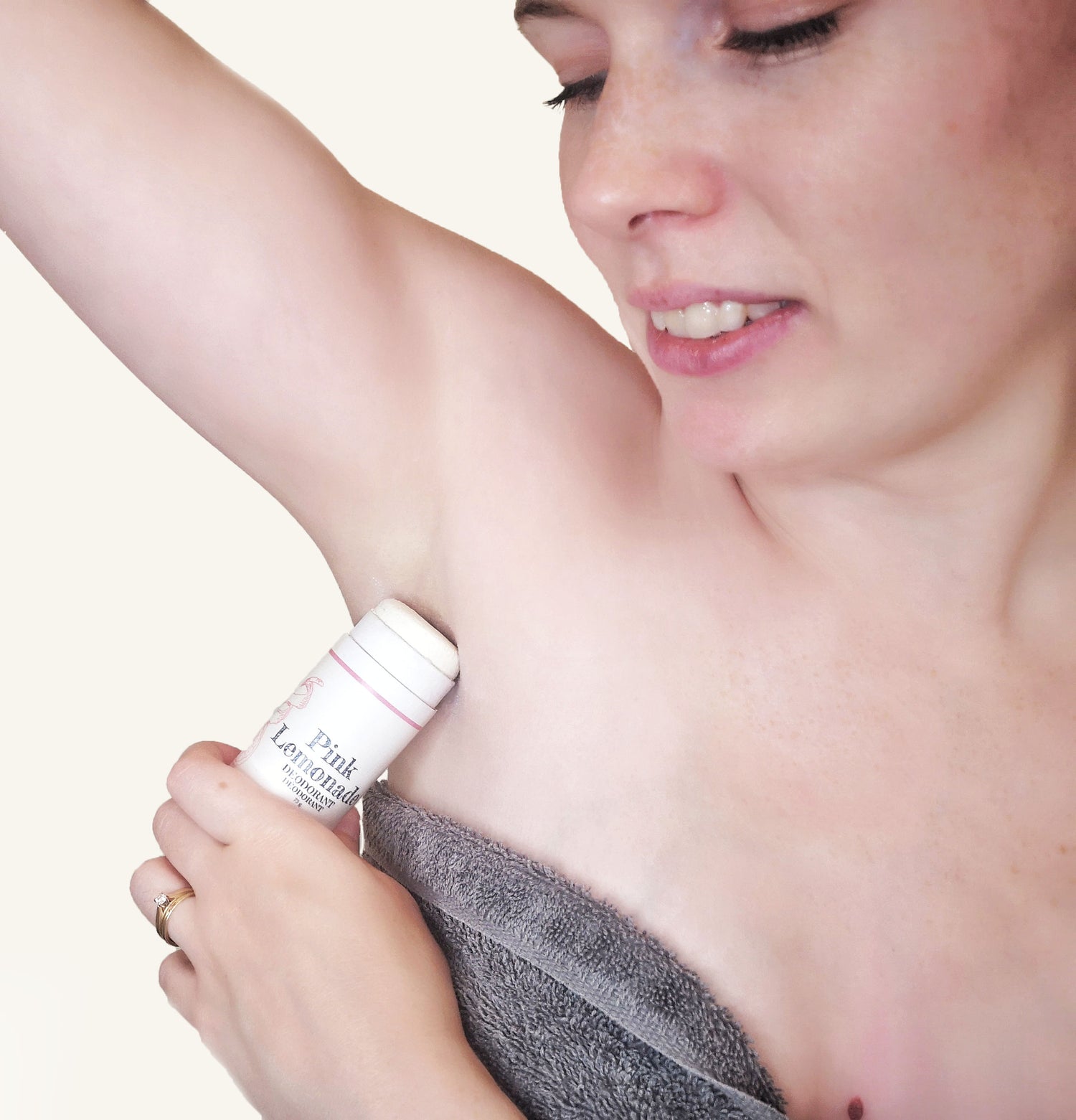Why Natural Soap is Better for Your Skin
Aromas are important. Many people pick their bath and body products based on the aroma—or lack thereof for those who have scent sensitivities. But products formulated with synthetic fragrances can be irritating far beyond just scent sensitivity!
Synthetic fragrances, listed in ingredient lists as simply “fragrance” or “parfum,” often contain known carcinogens, skin irritants, and can cause fragrance allergies. Natural soap is free from synthetic fragrances and is better for your skin as well.
Natural Soap: What is It?
Though there’s no definitive definition for natural soap, most soapmakers define natural soap as one made from fat, such as oils, butter, and lye.
Lye, or sodium hydroxide, is a very harmful chemical. However, when combined with fats and water in soapmaking, the mixture undergoes a process called saponification. After the soap has been cured for a few weeks, no lye remains in the soap. Lye is therefore required to make soap but is not an active ingredient in the final product.
Natural soaps may also contain essential oils, exfoliants, and natural colours—but that’s it.
Benefits of All Natural Soap
All-natural soap is good for the planet and your health. The main benefits include:
Moisturizing ingredients. Natural soap produces glycerin, which is incredibly moisturizing.
Less Drying. Because they don’t contain sulphates like sodium lauryl sulphate, natural hand and body soaps are gentler on the skin. Natural soaps lather without sulphates, making this ingredient unnecessary.
Freedom from Nasty Checmicals. If you have skin sensitivities, natural soap will protect your skin. Many of the chemicals present in store-bought soaps can cause irritation and allergies. These often present as red, inflamed, itchy and angry skin.
Plastic-free. Many cleansers come in plastic packagins or wraps. Some cleansers also contain microplastics that find their way into our environment and create many environmental issues and adverse health effects.
What to Look for In Natural Bar Soap in Canada
Unless you’re a soapmaker or a chemist, scanning an ingredient list to determine whether a product is natural and good for you (or better left on the shelf) is no easy feat. Whether you’re looking for a natural face soap or a new body wash, here are some things you should look out for:
A rough exterior is a good sign. “Melt and pour” soaps that are perfectly shaped are typically made using kits. The soapmaker receives basic bars of soap, melts them down, adds their own ingredients, and then pours them into moulds. These types of soaps typically contain lower quality ingredients. Natural soap will have a less refined appearance on at least one of its sides.
Hot process and cold process. Both of these methods are great for soap making, but the hot process will retain the scent of essential oils better. Either way, seeing one of these phrases on a label indicates it is probably natural.
A short ingredient list that you recognize. Natural soaps only include a few ingredients. Look for words like “coconut oil,” “olive oil,” and “essential oil” mixed in amongst many ingredients that start with the word Sodium-, as the fats and oils become sodium salts in the saponification process. Avoid anything that mentions fragrance or parfum.
Try Bubbles & Balms Natural Soap Today!
At Bubbles & Balm, we make luxurious natural soaps for your hands, face, and body. All of our soaps have a short ingredient list with names you can pronounce. Many of our ingredients are also organic!
Try one of our bars today to experience the skin-soothing benefits of natural soap. We’re confident you’ll love it, or we offer a money-back guarantee.


